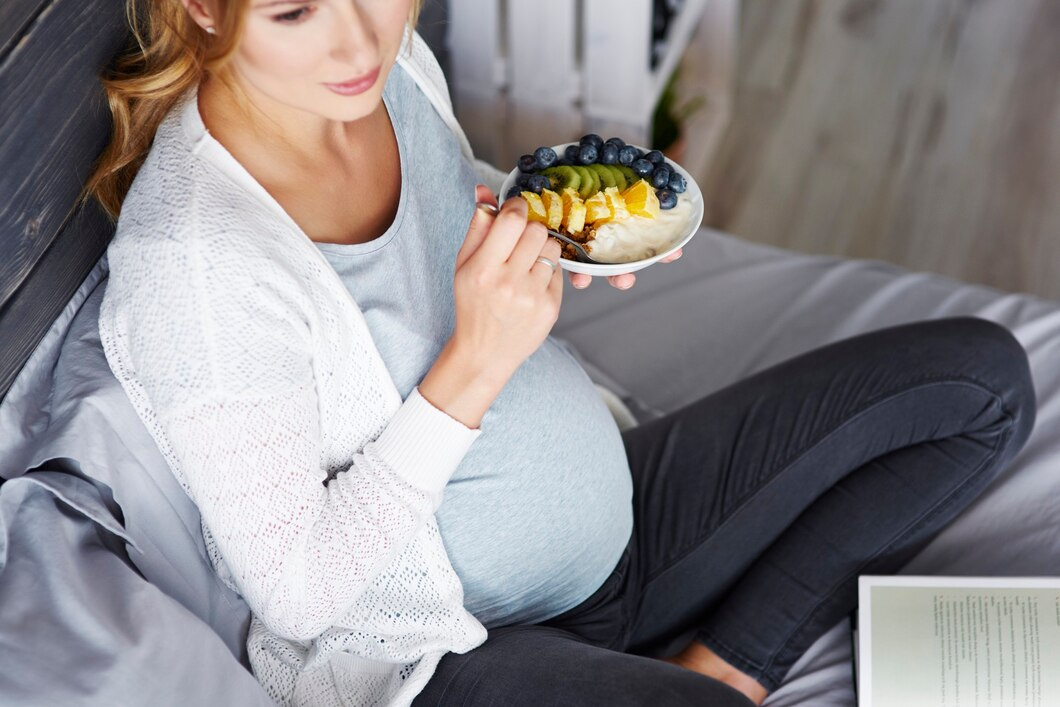Pregnancy cravings are one of the most talked-about aspects of expecting a baby. From pickles and ice cream to midnight snacks, these cravings can be intense—and sometimes bizarre. But what’s really behind them? In this article, we’ll uncover the truth behind pregnancy cravings, exploring the science, myths, and practical tips to manage them.
See Also: The Secret Behind Maintaining a Healthy Pregnancy Diet
What Are Pregnancy Cravings?
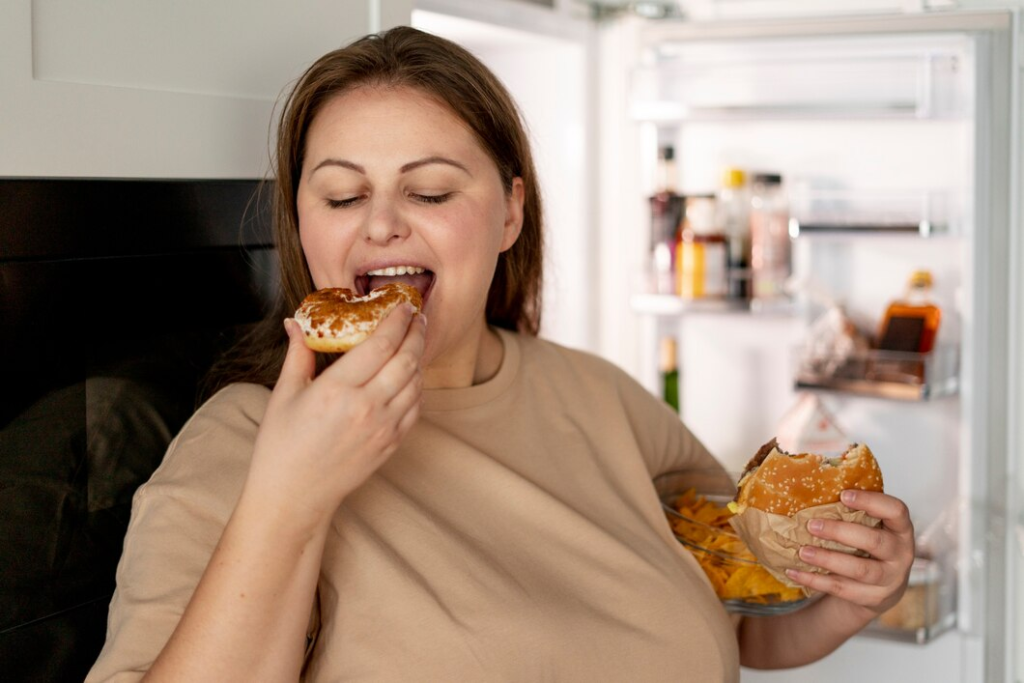
Pregnancy cravings are strong desires for specific foods during pregnancy. They often start in the first trimester and peak in the second. While some cravings are harmless, others can be unusual or even unhealthy.
- Common cravings: Sweet, salty, sour, or spicy foods are frequent favorites.
- Unusual cravings: Some women crave non-food items like chalk or clay, a condition known as pica.
Did you know? Up to 90% of pregnant women experience cravings at some point during their pregnancy.
The Science Behind These Intense Desires
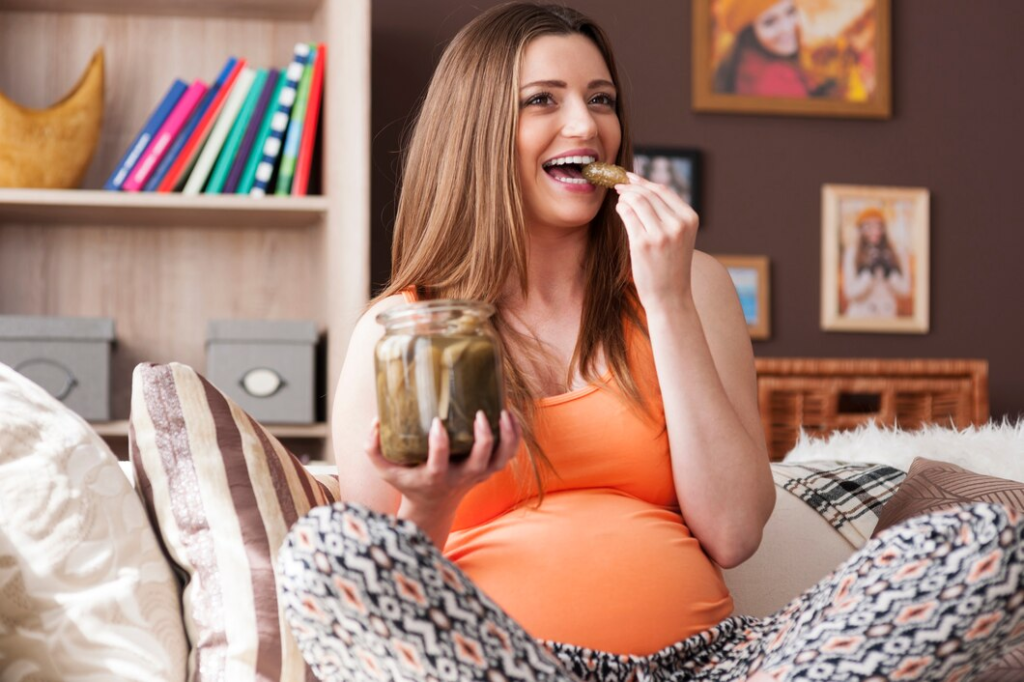
The exact cause of these cravings isn’t fully understood, but several factors may play a role:
- Hormonal changes: Fluctuations in hormones like estrogen and progesterone can affect taste and smell, making certain foods more appealing.
- Nutritional needs: Cravings may signal that your body needs specific nutrients. For example, craving red meat could indicate a need for iron.
- Emotional factors: Pregnancy can be an emotional rollercoaster, and cravings may provide comfort or stress relief.
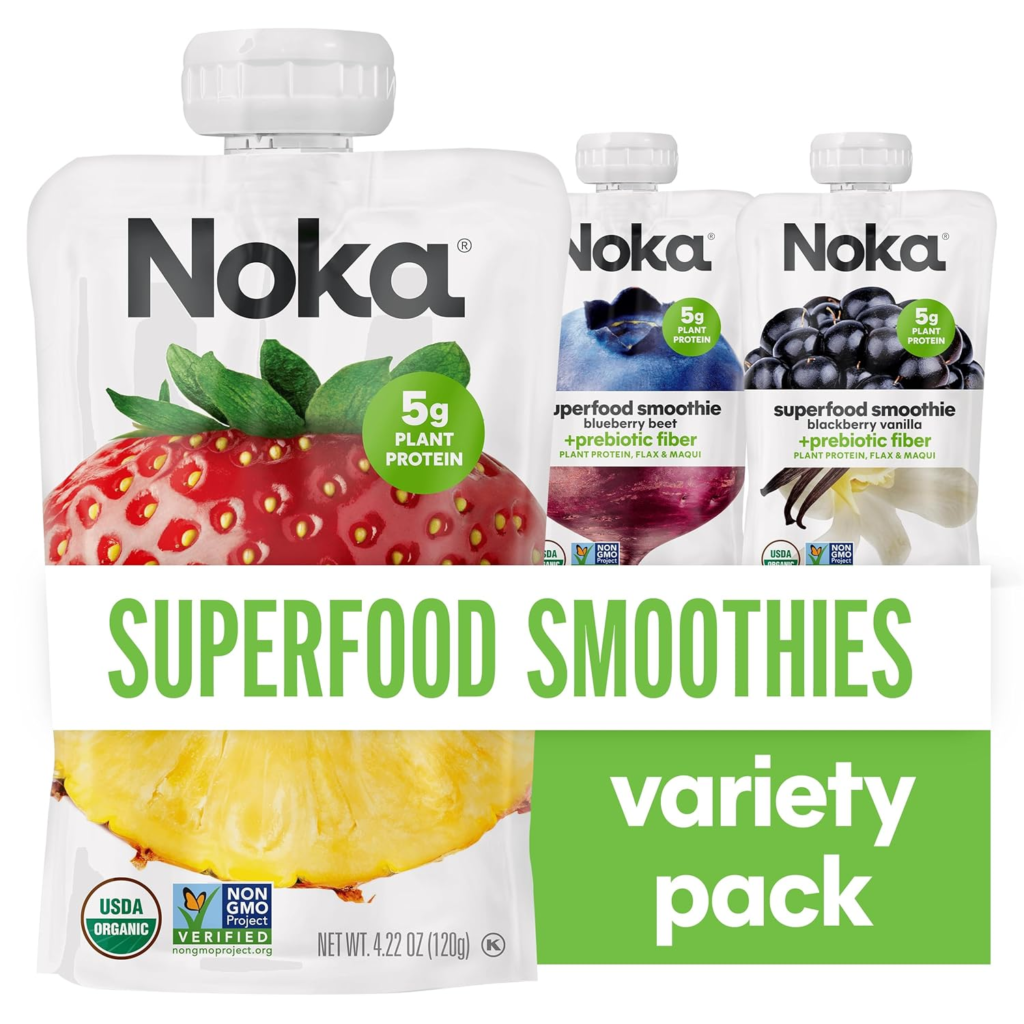
Healthy Snack Box for Pregnant Women
Noka Superfood Fruit Smoothie Pouches, Healthy Snacks Variety Pack, Includes Strawberry Pineapple, Blueberry Beet, Blackberry Vanilla, 6 Count Each Flavor
Myths and Misconceptions
There are many myths surrounding these cravings. Let’s debunk a few:
- Myth: Cravings predict the baby’s gender.
Truth: There’s no scientific evidence to support this. - Myth: You should always give in to cravings.
Truth: While it’s okay to indulge occasionally, overdoing it can lead to unhealthy weight gain or nutrient imbalances. - Myth: Cravings are always healthy.
Truth: Some cravings, like those for non-food items, can be harmful and should be discussed with a doctor.
How to Manage Your Cravings
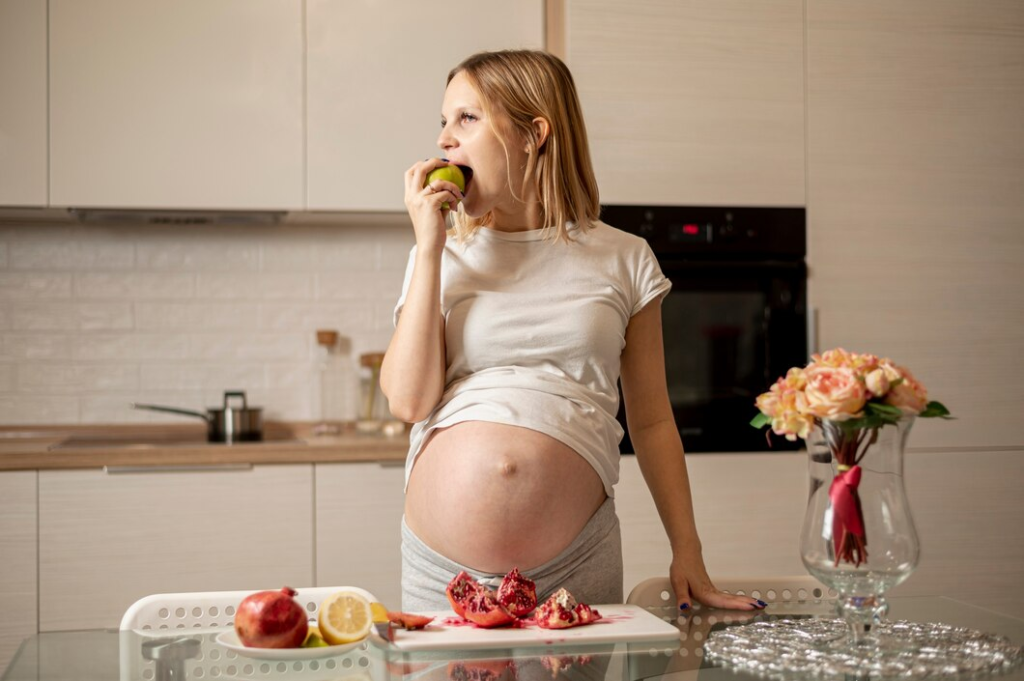
Managing these intense desires doesn’t mean you have to ignore them entirely. Here are some tips to stay balanced:
- Eat a Balanced Diet: Focus on nutrient-dense foods to keep your body nourished and reduce intense cravings.
- Stay Hydrated: Sometimes thirst is mistaken for hunger. Drink plenty of water throughout the day.
- Indulge in Moderation: It’s okay to enjoy your cravings occasionally, but keep portions small.
- Find Healthy Alternatives: Craving something sweet? Try fruit instead of candy. Want something salty? Opt for nuts instead of chips.
- Listen to Your Body: If you’re craving non-food items or unhealthy foods frequently, consult your healthcare provider.
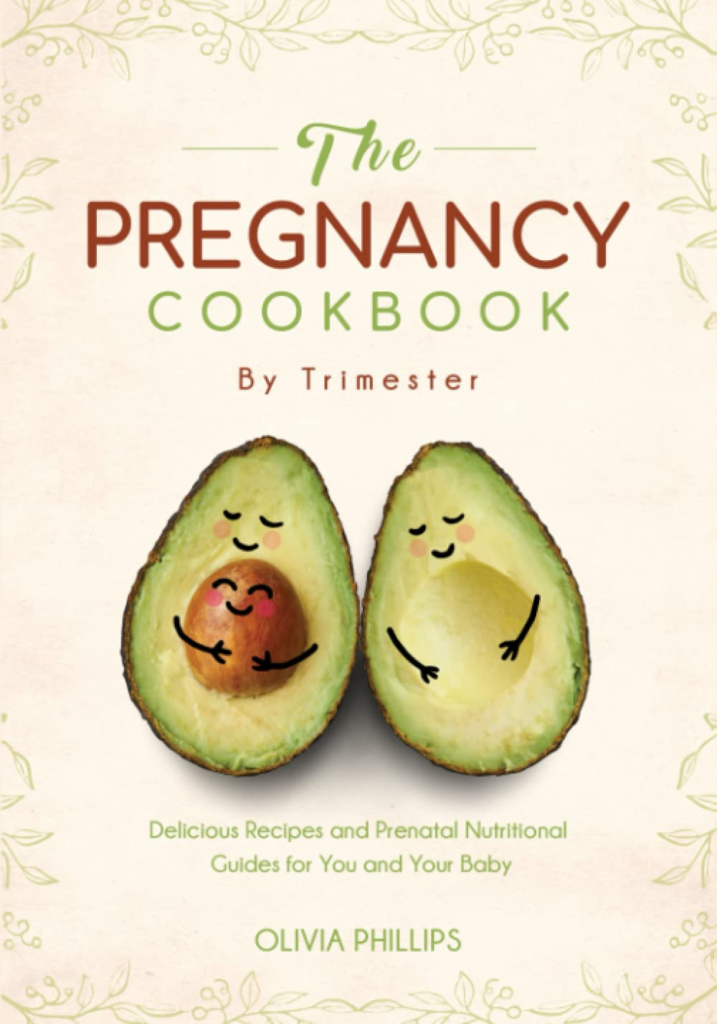
Pregnancy Nutrition Guidebook
The Pregnancy Cookbook By Trimester: Delicious Recipes and Prenatal Nutritional Guides for You and Your Baby (Nourishing Generations: A Cookbook for Your Family, Fertility, and Maternal Wellness)
When to Be Concerned

While most cravings are harmless, some can indicate underlying issues:
- Pica: Cravings for non-food items like dirt, chalk, or laundry detergent can signal a nutritional deficiency and require medical attention.
- Excessive weight gain: Giving in to cravings too often can lead to unhealthy weight gain, increasing the risk of complications like gestational diabetes.
- Unbalanced diet: Overindulging in unhealthy cravings can lead to nutrient deficiencies.
Tip: Always discuss unusual or persistent cravings with your doctor.
The Role of Hormones

Hormones play a significant role in these intense desires. For example, increased levels of human chorionic gonadotropin (hCG) can alter taste and smell, making certain foods more appealing. Additionally, progesterone can affect appetite and digestion, leading to cravings for specific textures or flavors.
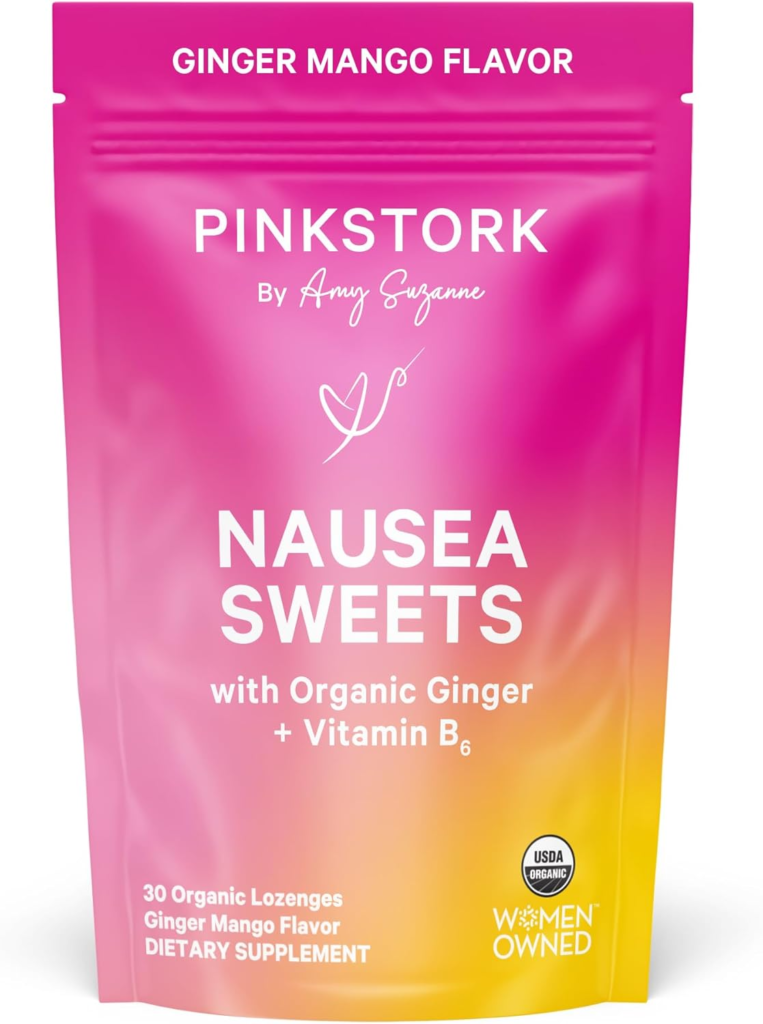
Organic Teas for Pregnant Women
Pink Stork Organic Mango Sweets with Vitamin B6 for Morning Sickness and Motion Sickness, Added Ginger & Vitamin B6, 1st Trimester Pregnancy Must Haves – 30 Wrapped Candies
Frequently Asked Questions
- Why do I crave junk food during pregnancy?
Junk food cravings may be linked to hormonal changes or a need for quick energy. Try to balance them with healthier options. - Can cravings harm my baby?
Most cravings are harmless, but unhealthy foods or non-food items can pose risks. Always consult your doctor if you’re unsure. - Do cravings go away after pregnancy?
Yes, most cravings subside after childbirth as hormone levels return to normal.
Conclusion: Understanding and Managing Your Cravings
Pregnancy cravings are a normal part of expecting a baby, but understanding their causes and managing them wisely is key to a healthy pregnancy. By listening to your body, eating a balanced diet, and seeking medical advice when needed, you can navigate cravings without compromising your health or your baby’s well-being.
Remember, every pregnancy is unique. Embrace the journey, but don’t hesitate to ask for help if cravings become overwhelming.

